Can a Bad Battery Cause Stuttering – Find Out Why!
I’ve experienced engine stuttering due to a failing battery firsthand. My car started jerking and hesitating, especially during acceleration and idling. Initially, I thought it was a fuel system issue, but after checking the battery, I discovered it was weak.
Replacing the battery resolved the stuttering, highlighting how crucial the battery is for smooth engine performance. Regular maintenance and early battery checks can prevent these frustrating issues.
Introduction:
A smooth-running vehicle is something drivers often take for granted. However, when unexpected issues arise—like stuttering, jerking, or hesitating—it can be both frustrating and alarming.
One potential culprit that often gets overlooked in such scenarios is the vehicle’s battery. While most people associate a failing battery with difficulty starting the car, a bad battery can indeed lead to a variety of performance issues, including engine stuttering.
This article delves into the relationship between a car’s battery and stuttering, exploring how a failing battery could be at the heart of your vehicle’s problems.
How a Car Battery Impacts Overall Vehicle Performance:
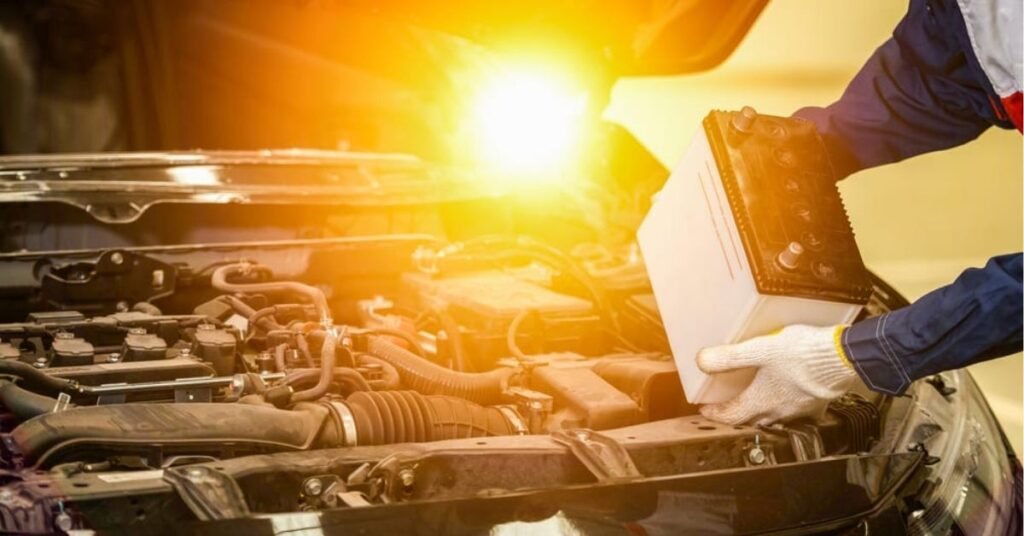
The Role of the Battery in Starting and Powering a Car:
The car battery is essentially the heart of the vehicle’s electrical system. It provides the initial jolt of electricity needed to start the engine. Without a fully functioning battery, your car’s starter motor, ignition, and fuel systems won’t have the power they need to get the engine running.
But its role doesn’t stop there. Once the car is running, the battery continues to provide power to various systems while being recharged by the alternator. A weak or failing battery can thus severely hinder the vehicle’s ability to function normally.
Electrical Systems Powered by the Battery: More Than Just Starting the Engine
Beyond starting the engine, the battery is responsible for powering many of your vehicle’s essential electrical systems. The lights, radio, GPS, climate control, and even your car’s computer systems rely on the battery.
When the battery is weak, these systems may struggle to perform properly, resulting in dim lights, erratic behavior from the radio, or even malfunctioning electronic control units (ECUs).
In modern cars, which are heavily reliant on electronics, a bad battery can cause a cascade of issues that affect the overall performance of the vehicle.
Common Symptoms of a Failing Battery in Modern Vehicles:
Drivers often notice subtle signs before their battery fails completely. These symptoms might include dimming headlights, slow cranking when starting the engine, a flickering dashboard, or intermittent electrical malfunctions.
Many of these indicators can be dismissed as minor inconveniences, but they are often early warning signs of a battery that’s on its last legs.
Ignoring these signals can lead to more serious problems, including stuttering and stalling, as the battery fails to provide the necessary voltage for stable engine operation.
read also: What to Do When Your Car Battery Gets Too Hot – Causes and Solutions!
The Link Between a Bad Battery and Engine Stuttering:
What Is Engine Stuttering?
Engine stuttering refers to a hesitation or interruption in the smooth operation of the vehicle’s engine. This may manifest as jerking movements, uneven acceleration, or momentary losses of power.
Drivers might experience stuttering while idling, accelerating, or even cruising at steady speeds. These disruptions can make driving unpleasant, and in some cases, dangerous. Stuttering is often symptomatic of an underlying mechanical or electrical problem.
How Low Voltage Can Affect Ignition and Engine Performance:
When a battery begins to fail, it can no longer supply the consistent voltage required by the ignition system. The spark plugs, which rely on a steady stream of electricity, may misfire if they don’t receive sufficient power.
This results in incomplete combustion, which causes the engine to stutter. Additionally, modern fuel injection systems rely on precise timing and electrical signals to deliver fuel to the engine.
A weak battery can disrupt this timing, leading to uneven fuel delivery, which further exacerbates engine stuttering.
Real-Life Scenarios: When a Bad Battery Causes Stalling or Rough Idling
Consider a scenario where a driver notices their car jerking during acceleration or stalling at red lights. In many cases, they might assume the issue lies with the fuel system or transmission. However, these symptoms are often the result of a failing battery struggling to power key systems.
As the battery deteriorates, the car’s electrical components—including the ECU and ignition—begin to falter, leading to rough idling and even unexpected stalling.
Other Car Issues That Can Cause Stuttering:

Misfires, Spark Plugs, and Ignition Coils: Could It Be Something Else?
While a bad battery can certainly cause stuttering, it’s not always the root cause. Engine misfires, worn-out spark plugs, and faulty ignition coils can also lead to similar symptoms.
A misfire occurs when the combustion process is interrupted, either due to a lack of spark, fuel, or air. This causes the engine to jerk or hesitate. If your car stutters but the battery checks out fine, inspecting the ignition components is the next logical step.
Fuel Delivery Problems: Understanding the Fuel Pump’s Role
Another potential cause of engine stuttering is an issue with fuel delivery. The fuel pump is responsible for sending the right amount of fuel to the engine at the correct pressure.
A failing fuel pump or clogged fuel filter can result in inconsistent fuel flow, leading to stuttering, particularly during acceleration. If your car stutters primarily when pressing the gas pedal, a fuel system problem may be the culprit.
Transmission Issues: Shifts and Stutters
Lastly, transmission problems can also mimic the symptoms of stuttering. If the transmission is not shifting gears smoothly, the vehicle may hesitate or jerk, particularly at low speeds.
While this issue is distinct from a failing battery, it’s easy for drivers to confuse the two, especially when symptoms like stuttering overlap. Proper diagnostics are essential in determining whether the problem lies in the transmission or elsewhere.
read also: How to Identify Battery-Related Issues in Older Vehicles – Common Mistakes!
Diagnosing the Problem: Is the Battery Really to Blame?
Common Signs of a Failing Battery vs. Other Car Issues:
Diagnosing stuttering caused by a bad battery can be tricky, as the symptoms often mimic other car issues. However, there are a few telltale signs that point to the battery.
If your car struggles to start, has flickering lights, or electrical components randomly shut down, these are strong indicators of a battery problem. On the other hand, if stuttering occurs without any of these electrical symptoms, the issue may lie elsewhere, such as in the ignition or fuel system.
How to Test Your Battery: Tools and Methods
To determine whether your battery is at fault, you can perform a simple voltage test using a multimeter. A healthy car battery should measure around 12.6 volts when the engine is off.
If the reading is significantly lower, it’s a sign that the battery is weak or failing. Many auto parts stores offer free battery testing, which can save you the hassle of purchasing a multimeter if you don’t already own one.
Why Professional Diagnostics Can Save Time and Money:
While it’s possible to test your battery at home, professional diagnostics can provide a more thorough assessment of your vehicle’s overall health.
Mechanics have access to specialized tools that can test not just the battery but also the alternator, starter, and electrical systems. This ensures an accurate diagnosis and prevents you from wasting money on unnecessary parts or repairs.
Preventive Measures and Solutions:
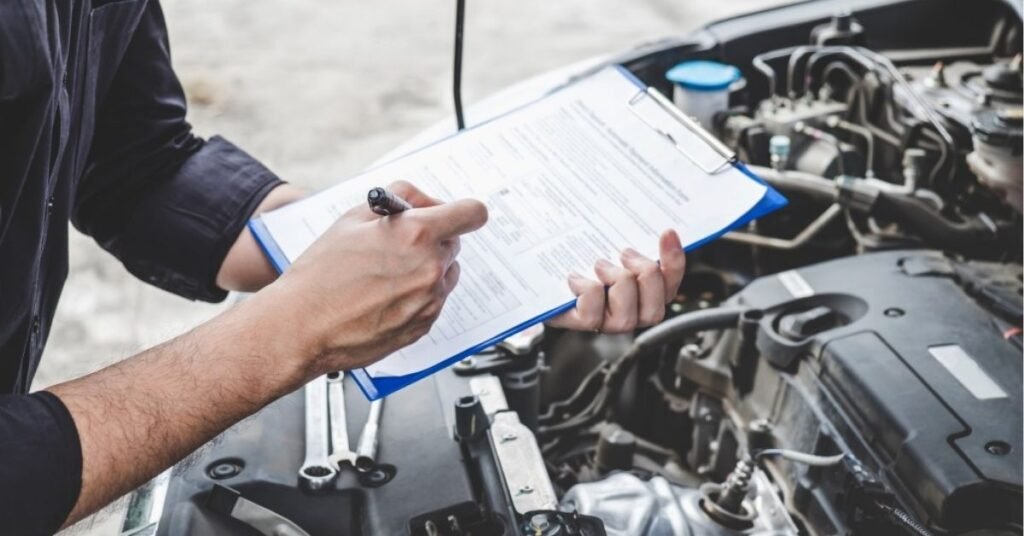
How Regular Battery Maintenance Can Prevent Engine Stuttering:
Regular battery maintenance is essential for preventing stuttering and other performance issues. Clean the battery terminals periodically to prevent corrosion, which can interfere with electrical connections.
Additionally, ensure that the battery is securely fastened to avoid vibrations that can lead to internal damage. Keeping an eye on your battery’s age is also crucial—most car batteries have a lifespan of 3 to 5 years, and replacing it within that timeframe can prevent unexpected failures.
Replacing a Bad Battery: When and How to Do It
If your battery is indeed the culprit, replacement is often the best solution. Fortunately, replacing a car battery is a straightforward process for most vehicles.
Make sure to select a battery that matches your car’s specifications, as using the wrong type can cause additional issues. Many auto shops will even install the new battery for you, ensuring everything is properly connected and functioning.
Other Maintenance Tips to Keep Your Car Running Smoothly:
In addition to maintaining the battery, keeping other components in good condition will help prevent stuttering and other performance problems. Regularly change your spark plugs, inspect the fuel system, and ensure your transmission is serviced at the recommended intervals.
Taking a proactive approach to vehicle maintenance can save you from costly repairs and keep your car running smoothly for years to come.
read also: Can Using Too Many Accessories at Once Drain Your Battery – Shocking Truth!
FAQ’s
1. Can a bad battery cause engine stuttering?
Yes, a failing battery can cause engine stuttering by supplying inconsistent voltage to the ignition system and fuel injectors, leading to incomplete combustion and erratic engine performance.
2. What are the common signs of a failing battery?
Common signs include dimming headlights, slow engine cranking, flickering dashboard lights, and intermittent electrical issues.
3. How can I test if my car battery is bad?
You can test your battery using a multimeter. A healthy battery should measure around 12.6 volts when the engine is off. Lower readings suggest a weak battery.
4. What other issues can cause engine stuttering?
Besides a bad battery, stuttering can be caused by engine misfires, faulty spark plugs, ignition coils, fuel delivery problems, or transmission issues.
5. How often should I replace my car battery?
Car batteries generally last between 3 to 5 years. Regular maintenance and timely replacement can prevent performance issues and stuttering.
Conclusion:
A failing battery can indeed be the root cause of engine stuttering due to inconsistent voltage affecting crucial systems. However, other factors like ignition problems, fuel delivery issues, or transmission faults should also be considered. Regular battery maintenance and timely replacements, alongside routine vehicle inspections, are key to avoiding these performance issues.
Read Also:
Can Using Aftermarket Parts Cause Battery Drain – Common Mistakes!
Can a Faulty Car Battery Cause Your GPS Tracker to Malfunction Due to Battery – Drain and Electrical Problems?
Can a Failing Battery Affect Your Car’s Fuel Pump – Shocking Truth!
Can a Battery Issue Cause Your Car to Overheat – Discover the Answer!
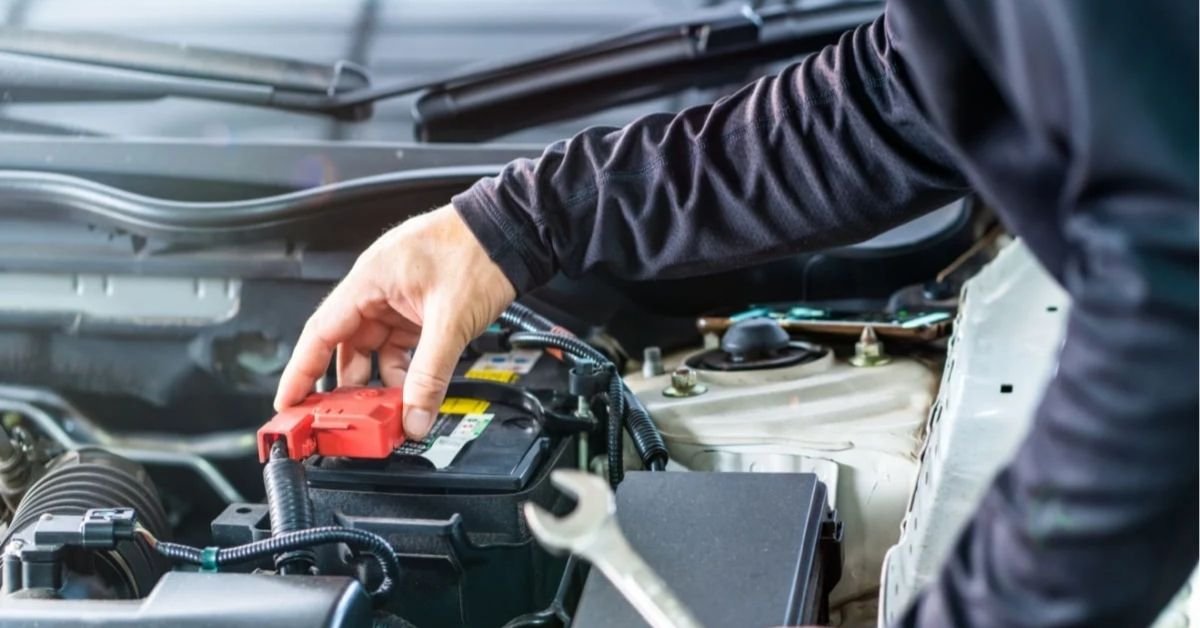

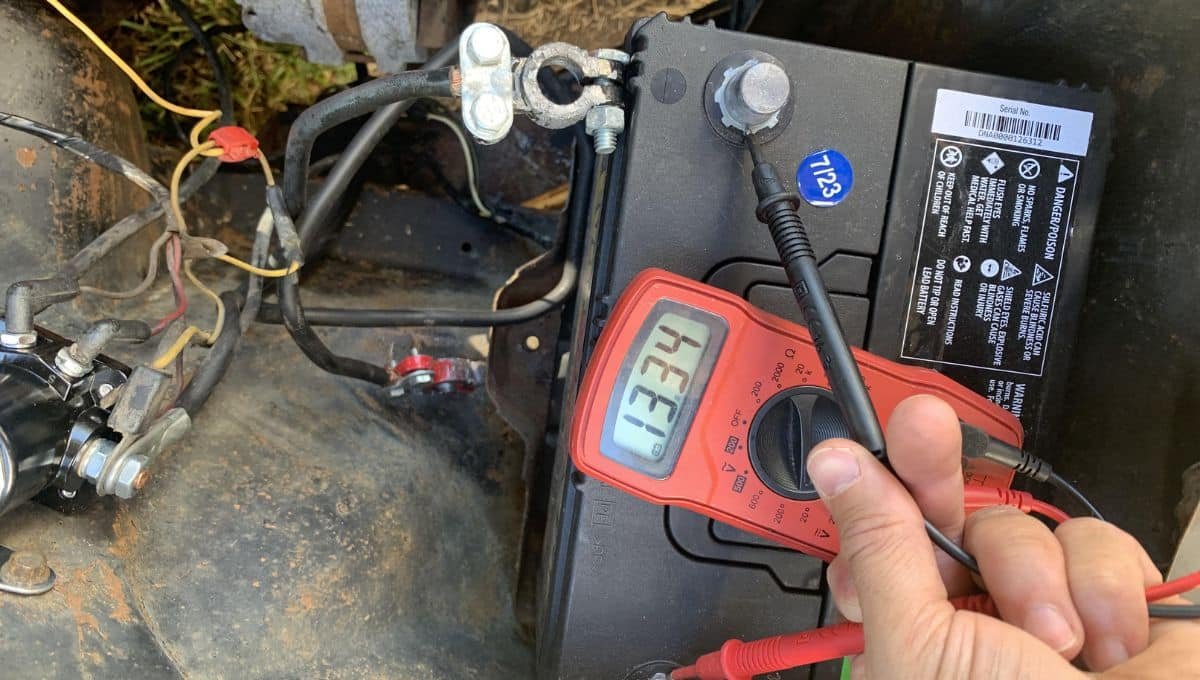


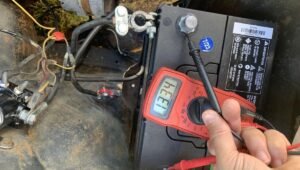







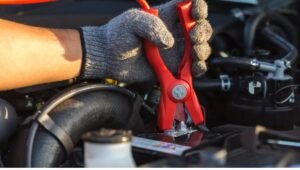
Post Comment